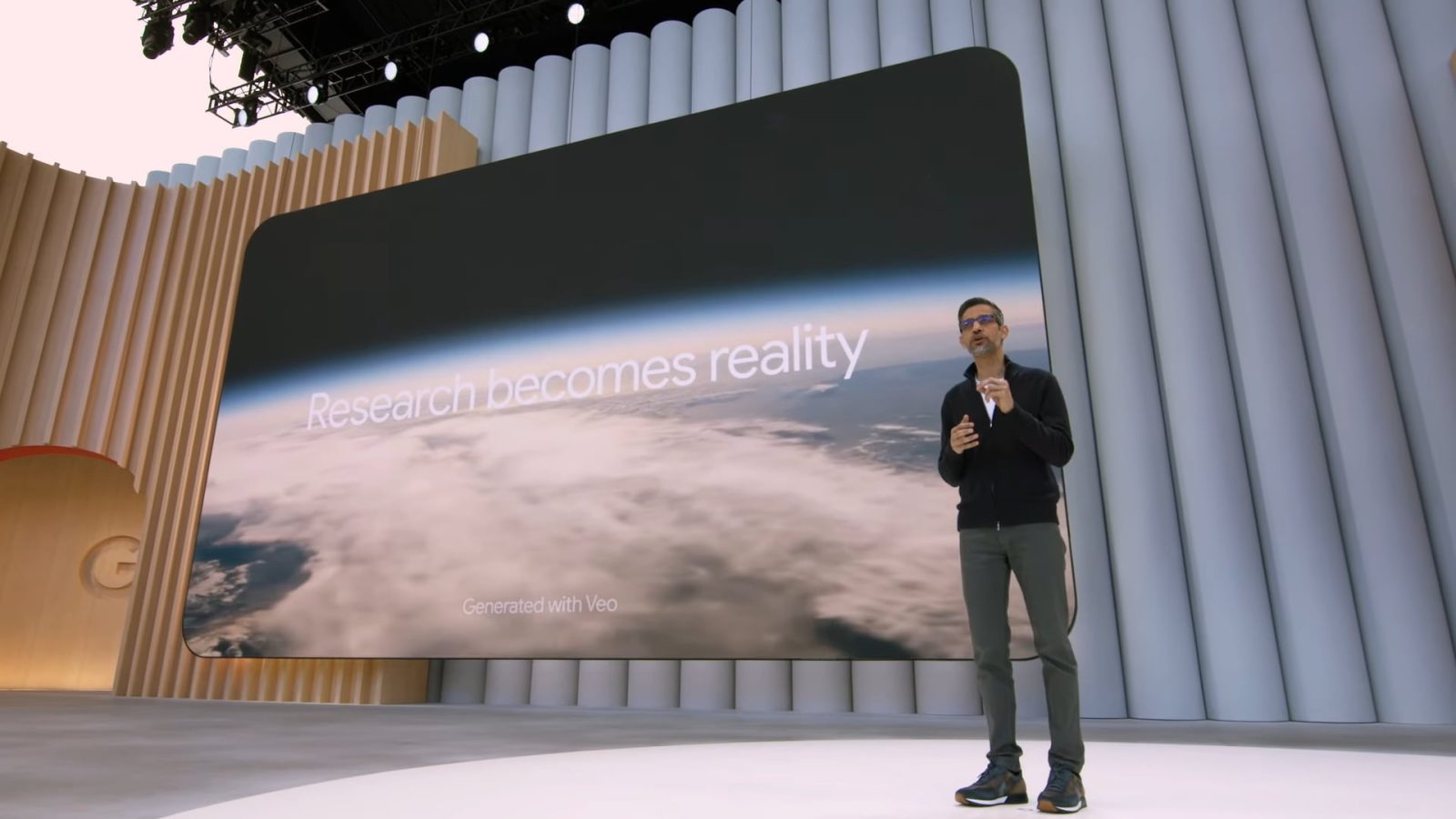Google I/O 2025 showcased a series of groundbreaking advancements, underscoring the company’s commitment to integrating artificial intelligence (AI) and immersive technologies into its product ecosystem. The event highlighted significant updates across various platforms, including the introduction of Android 16, enhancements to the Gemini AI assistant, and the unveiling of the Android XR platform.
Android 16: A Leap Forward in User Experience
The unveiling of Android 16 marked a significant milestone in Google’s mobile operating system evolution. This latest version introduces Material 3 Expressive, a design language that offers a more personalized and dynamic user interface. Material 3 Expressive emphasizes engaging transitions and animations, enhancing user interaction and providing extensive options for visual customization. Additionally, Android 16 introduces improved multitasking features, support for Auracast to facilitate seamless switching between Bluetooth devices, and the reintroduction of lock screen widgets. These enhancements collectively aim to elevate the overall user experience. ([techcrunch.com](https://techcrunch.com/2025/05/09/google-i-o-2025-what-to-expect-including-updates-to-gemini-and-android-16/?utm_source=openai))
Gemini AI: Expanding Horizons
Central to the event was the expansion of Gemini AI across multiple devices and platforms. Gemini now integrates with Android Auto, Google TV, Wear OS, and the forthcoming Android XR platform. The introduction of Gemini Live brings real-time translation, camera sharing, and screen sharing capabilities, enhancing communication and collaboration. Furthermore, the launch of Gemini 2.5 Flash and Pro models offers greater efficiency and multimodal processing, solidifying Gemini’s role as a versatile and intelligent assistant. ([androidcentral.com](https://www.androidcentral.com/news/live/google-i-o-2025-live-blog?utm_source=openai))
Project Astra: The Future of AI Interaction
Google provided a glimpse into Project Astra, a multimodal assistant designed to process voice and visual inputs in real-time. This initiative aims to create a more intuitive and responsive AI experience, capable of understanding and interacting with users in a more human-like manner. Project Astra represents a significant step toward the development of proactive AI systems that can anticipate user needs and provide assistance accordingly. ([ft.com](https://www.ft.com/content/b9d13cc7-f0f0-4d0d-9dfd-7d387ac2cdf9?utm_source=openai))
Android XR: Bridging Realities
The introduction of Android XR signifies Google’s foray into extended reality, encompassing both augmented reality (AR) and virtual reality (VR). This platform is designed to support a new generation of smart glasses and headsets, offering features such as real-time navigation, translation, and camera streaming powered by Gemini AI. Collaborations with manufacturers like Samsung and Xreal indicate a robust ecosystem poised to deliver immersive experiences to users. ([androidcentral.com](https://www.androidcentral.com/news/live/google-i-o-2025-live-blog?utm_source=openai))
Google Beam: Redefining Communication
Google Beam, a 3D video communication platform, was unveiled as part of the company’s efforts to enhance remote interactions. This technology aims to provide more immersive and lifelike communication experiences, bridging the gap between physical and digital interactions. By leveraging advanced AI and XR technologies, Google Beam has the potential to revolutionize virtual meetings and social interactions. ([androidcentral.com](https://www.androidcentral.com/news/live/google-i-o-2025-live-blog?utm_source=openai))
AI Mode in Search: A New Paradigm
A significant highlight of the event was the introduction of AI Mode in Google Search. This feature offers conversational, chatbot-like interactions, allowing users to engage with search results in a more interactive and intuitive manner. AI Mode represents a fundamental shift in how users access and interact with information, moving beyond traditional search paradigms to a more dynamic and personalized experience. ([ft.com](https://www.ft.com/content/b9d13cc7-f0f0-4d0d-9dfd-7d387ac2cdf9?utm_source=openai))
Conclusion
Google I/O 2025 demonstrated the company’s unwavering commitment to innovation, particularly in the realms of AI and immersive technologies. The announcements made during the event reflect a strategic vision aimed at integrating advanced technologies into everyday experiences, thereby shaping the future of digital interaction. As these developments unfold, users can anticipate a more connected, intuitive, and immersive technological landscape.



